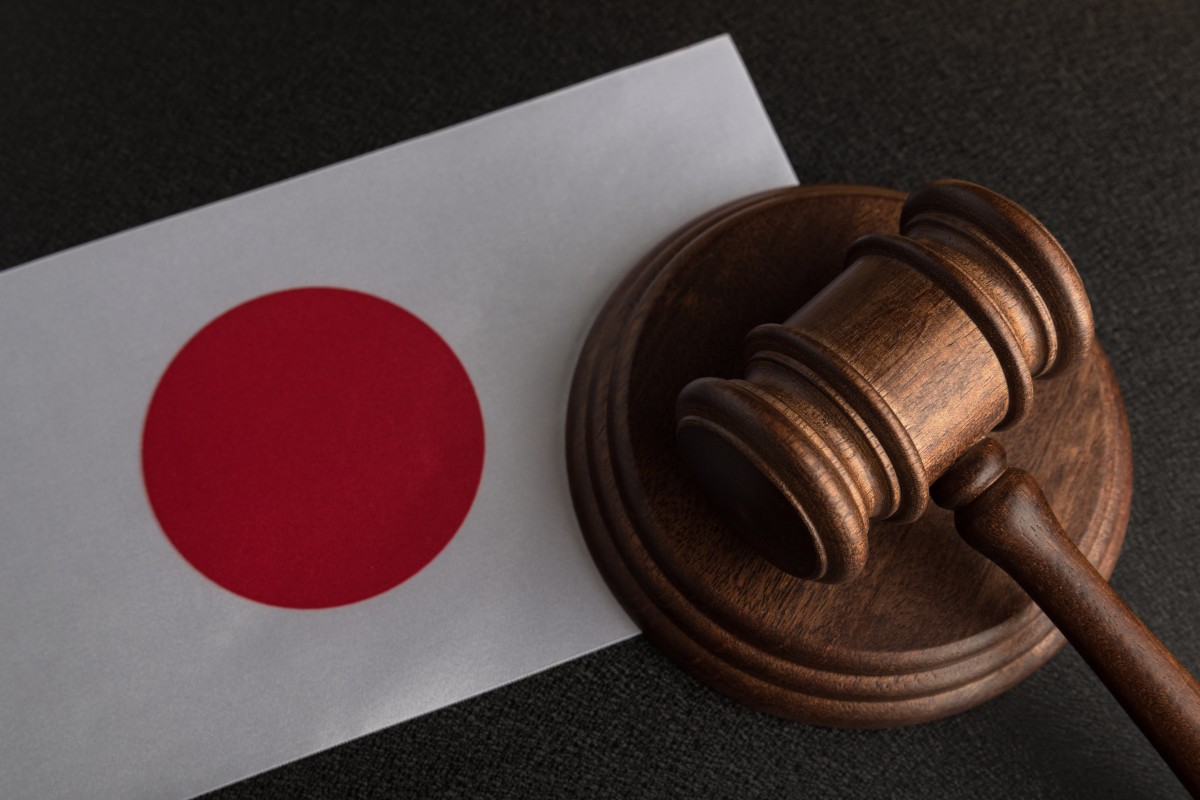Lawyers and judges are highly valued across the globe. With that in mind, in this article we are going to talk a little about the law work in Japan.
In Japan, lawyers are known as Bengoshi [弁護士]. There are two types of lawyers in Japan: public lawyers and private lawyers. Public lawyers work for the government handling criminal cases, while private lawyers work for individuals and corporations and handle civil cases.
As one of the world's largest economies and a leading global financial center, Japan is an attractive destination for many international lawyers. The country's legal system is based on civil law, with a strong influence from German and French law.
Japan is a member of the Hague Convention on the Civil Aspects of International Child Abduction, and is a signatory to the New York Convention on the Recognition and Enforcement of Foreign Arbitral Awards.
We also recommend reading:
- Top 10 Universities in Japan
- List of occupations in Japanese
- Sensei doesn't just mean Teacher or Master
Índice de Conteúdo
Becoming a Lawyer in Japan
There are several reasons why lawyers may choose to practice in Japan. The country has a large and sophisticated legal market, with many opportunities for lawyers with international experience.
The Japanese legal system is known for its efficiency and impartiality, ranking as one of the best in the world. Japan is also a safe and stable country, with a low crime rate and a high standard of living.
Becoming a lawyer in Japan is not an easy task. First, you have to pass the bar exam, which is notoriously difficult. Only about 10% of those who take the exam pass it.
Once you pass the bar exam, you must then complete a two-year legal training program. After that, you will finally be able to practice law.
If you are a foreigner and have already passed the bar in your country, it is not necessary to go through these processes in Japan. You will be recognized as a foreign attorney.
The Japanese legal system is extremely complex, and lawyers play a vital role in it. If you are interested in becoming a lawyer in Japan, it is important to be prepared for a long and difficult road ahead.

Culture of Lawyers in Japan
A historical fact that Japanese customs puts a certain fear towards legal involvement. This is based on the doctrines of Confucianism and the Japanese principles of harmony. Yes, one of the most interesting things about Japanese culture, the passion they developed for the sense of harmony.
It is basically saying that someone brought before a court for a criminal or civil matter has suffered public and private humiliation. This is for interrupting the harmony in some way. Of course, in some cases the involvement of justice is necessary, but this is at the discretion of each individual.
The lawyer industry
More than 100 universities have a law school at the undergraduate level. Check out some of the universities in Japan here. Thus, many study law at the undergraduate level and go to work for companies in roles unrelated to the law. However, to become a lawyer, it is necessary to go to law school, pass the bar exam and complete the LTRI.
As of August 2014, there were 35,031 lawyers registered with bar associations in Japan. Starting salaries for Japanese lawyers are typically around 10 million yen (US $ 100,000). That is, in established law firms and about half of Japanese companies.

The article is still halfway through, but we recommend also reading:
bar exam
Currently, the exam is like our OAB exam. Where graduates are tested and thus earn their training certificate. But in Japan, the Bar exam is just the first step towards professional life.
The exam is divided into two stages. The first step is a one-day quick-response exam on the six laws and administrative law. The second stage is a three-day exam on essays in public law, civil law and criminal law, as well as subjects that can be selected by the examinee (including labor law, environmental law, public international law and private international law).
In addition, a law school requirement was introduced. All entrance exam participants must complete a two- or three-year graduate program and are limited to taking the exam within five years of graduation.
The Japanese Bar Exam is known as one of the toughest exams in the world. Although bar pass rates are rising after structural reform in 2006, only about 20% of college law graduates make it through the barrier.
Students can only attempt to pass 5 times, after which they are disqualified. Most students study at independent private schools to pass the entrance exam. The average age of people who pass the exam is 28 to 29 years old.
Institute of Legal Training and Research of the Supreme Court
Those who have passed the entrance exam participate in a year-long training process to study practical skills at LTRI. LTRI training consists of group training, classroom instruction and field training.
LTRI is focused on teaching litigation skills. When students pass the final exam at LTRI, they become lawyers, prosecutors or judges. Promoters and judges are handpicked by LTRI.
We recommend reading: on Franchise in Japan: Discover the 8 Best Segments to Invest in
lawyers in japan

Anyway, as we can see, life to become a lawyer is not easy. In addition, it is very likely that it is an undervalued profession. It's a cat that no one wants to overthrow the peace, or rather, most people don't want to.
Thus, lawyers are left as a last resort. But it is always possible to count on law firms, especially here in Brazil. After all, what's better than solving everything in a good conversation with friends? But now it's up to you, let us know what you thought of the article in the comments.
Enjoy and share the site on social media, it helps a lot. And if you have any questions, doubts or anything like that about lawyers in Japan, leave it in the comments. Anyway, thanks to you for reading the article this far, Bye.







